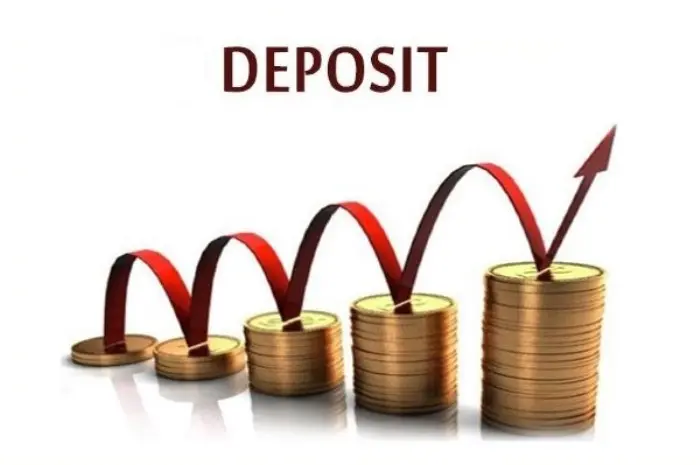The dream of hitting the open road, exploring picturesque landscapes, and enjoying the freedom of travel often leads many to consider purchasing a recreational vehicle (RV).
However, buying an RV is a significant financial commitment, and for most people, financing this purchase requires an RV loan.
Understanding RV loans and how they work is crucial for making an informed decision that aligns with your financial situation and travel aspirations.
This article provides a comprehensive overview of RV loans, shedding light on what they are, how they function, and the key considerations to keep in mind.
Whether you’re a first-time buyer or looking to upgrade your current RV, knowing the ins and outs of RV financing can help you navigate the process with confidence and ease.
What Are RV Loans?
RV loans are specialized financing options designed specifically for purchasing recreational vehicles.
These loans can be used to buy various types of RVs, including motorhomes, travel trailers, fifth-wheel trailers, and pop-up campers.
Much like auto loans, RV loans are typically secured loans, meaning the RV itself serves as collateral for the loan.
This allows lenders to offer lower interest rates compared to unsecured loans, as the risk is mitigated by the collateral.
How Do RV Loans Work?
RV loans function similarly to other types of vehicle financing.
When you apply for an RV loan, the lender will assess your creditworthiness based on your credit score, income, debt-to-income ratio, and overall financial health.
If approved, you will receive a loan amount that you agree to repay over a specified term, typically ranging from 5 to 20 years, depending on the loan amount and lender policies.
Key Factors to Consider

1. Loan Amount and Term
The loan amount and term significantly impact your monthly payments and the total cost of the loan.
While longer terms can reduce monthly payments, they often result in higher overall interest costs.
It’s essential to balance the loan term with your budget and financial goals.
2. Interest Rates
Interest rates for RV loans can vary widely based on factors such as your credit score, loan term, and the lender’s policies.
Shopping around and comparing offers from multiple lenders can help you secure the best possible rate, ultimately saving you money over the life of the loan.
3. Down Payment
Making a substantial down payment can lower your loan amount and potentially reduce your interest rate.
Many lenders require a down payment of 10% to 20% of the RV’s purchase price, but putting down more can strengthen your loan application and reduce your monthly payments.
4. Loan Fees and Additional Costs
Be aware of any loan fees or additional costs associated with RV loans. These may include origination fees, processing fees, and closing costs.
Understanding these fees upfront can help you accurately assess the total cost of the loan and avoid surprises later on.
Types of RV Loans
There are several types of RV loans to consider, each with its advantages and disadvantages:
1. Secured RV Loans
Secured RV loans use the RV as collateral, offering lower interest rates and longer terms.
However, failure to repay the loan can result in the lender repossessing the RV.
2. Unsecured RV Loans
Unsecured RV loans do not require collateral, making them a riskier option for lenders and often resulting in higher interest rates and shorter terms.
These loans may be suitable for those with excellent credit or those looking to finance a smaller portion of the purchase.
3. Dealer Financing
Many RV dealerships offer financing options directly to buyers.
While convenient, it’s essential to compare these offers with those from banks and credit unions to ensure you’re getting the best deal.
4. Personal Loans
Some buyers opt for personal loans to finance their RV purchase. These loans can be either secured or unsecured and may offer more flexible terms.
However, they often come with higher interest rates compared to specialized RV loans.
In conclusion, understanding RV loans is essential for making a well-informed decision when purchasing your dream RV.
By considering factors such as loan amounts, interest rates, down payments, and additional costs, you can navigate the financing process with confidence.
Whether you opt for a secured loan, dealer financing, or another option, being knowledgeable about RV loans will help you hit the road with financial peace of mind.






